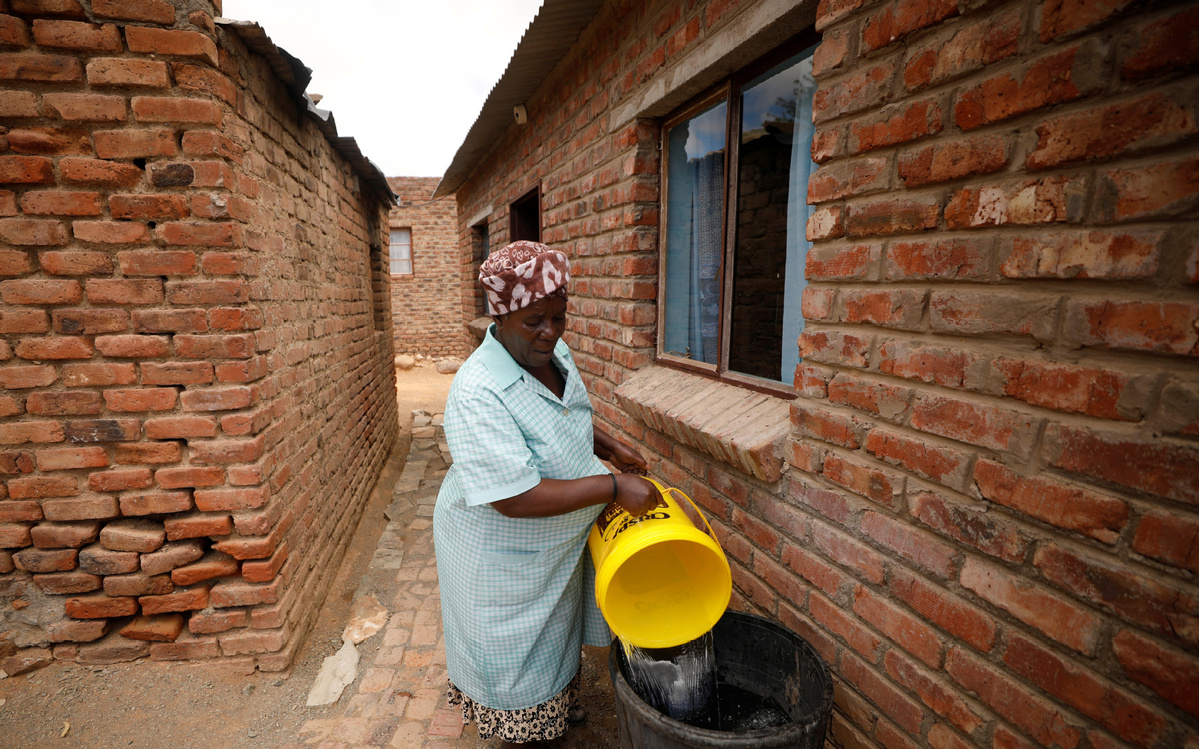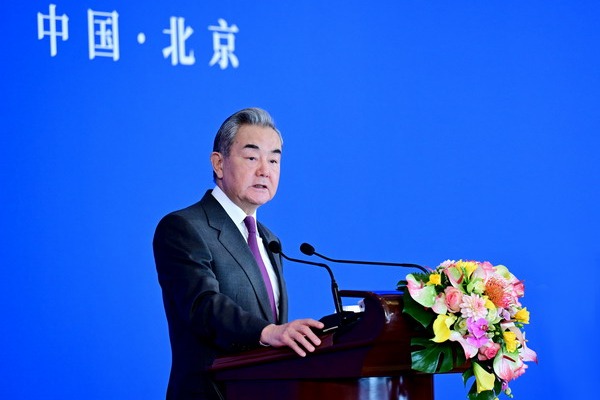Africa's female farmers need better access to resources


Africa's female farmers play a vital role in food production and food security, with 80 percent of agricultural production coming from small farmers, most of whom are rural women.
According to the Food and Agriculture Organization of the United Nations, women in some African countries spend up to 60 percent of their time on agricultural activities, accounting for up to 50 percent of labor on farms in sub-Saharan Africa.
Yet Africa's female farmers are excluded from conversations that determine agricultural policies, while discriminatory laws and practices deprive them of their land, their rights, and their livelihoods.
First, female farmers in Africa depend on rain-fed agriculture and have little access to such things as fertilizer, seeds, water, credit and a market for their products.
Second, most of them either own small pieces of land or have no land at all. In addition, they receive only 7 percent of extension services and 1 percent of all agricultural credit, and own only 1 percent of the land.
Third, biased cultural practices restrict African women from accessing information and communications technology. Furthermore, illiteracy and a lack of formal education are constraints that most rural women face.
Fourth, socioeconomic conditions affect the decision-making role in agriculture. Although Africa's female farmers are heavily involved in agriculture, their level of participation in farm management decision-making is quite low.
Fifth, women in Africa are rarely connected with agricultural export crops such as cocoa, rubber and cotton, but rather are involved with the production of food crops that do not yield large revenues, compared with export crops.
However, initiatives aimed at mentoring, empowering and raising the next generation of women in agriculture are starting to pay off.
The African Union Development Agency, which is responsible for implementing the continent's major projects for regional integration, organizes conferences for women in agribusiness as a direct response to the African Union's call to enhance support for participation of women and young people in gainful and attractive agribusiness opportunities by 2025.
In October last year, the African Union's Commission for Rural Economy and Agriculture launched a campaign to reduce the drudgery of rural women. This signifies the continental agenda of promoting agricultural mechanization among women to improve food production and security.
In February 2017, the Intergovernmental Authority on Development, an eight-nation bloc created to deal with issues related to drought in the Horn of Africa, signed a memorandum of understanding among its member states in East Africa. The aim was to realize their strategy on peace and security as well as regional integration.
This has helped women to build more inclusive societies, mitigating the effects of climate change and supporting more transparent natural resource management.
In West Africa, the Economic Community of West African States is spearheading a project for meeting the Zero Hunger Challenge, a program launched by the United Nations in 2012.
This highlights the gender gaps inherent in the region's agricultural and rural development sectors, and provides policy recommendations for agricultural growth and transformation that will leave no woman behind.
At the national level, the Kenyan government passed policies last year that award tenders to agricultural enterprises led by African women.
In Nigeria, the National Gender Policy of 2006 has enabled the integration of women into the agricultural development system by providing equal access to such things as credit, loans and extension services.
In Ethiopia, a program is being implemented by the government to introduce basic labor and time-saving technologies, along with the necessary knowledge, to smallholder female farmers' cooperatives as crucial elements in the sustainable escalation of the value chain in agriculture.
Devoting resources to researching the impact of agricultural policies and new techniques on the well-being of female farmers will go a long way in promoting systematic evaluation of mechanisms to improve women's access to agricultural markets and ensure their participation in agricultural value chains.
In addition, improving access to financing by lowering collateral requirements will empower women in agribusiness.
The recognition of these contributions is crucial, given the bulk of challenges in Africa today. However, much still needs to be done.

































